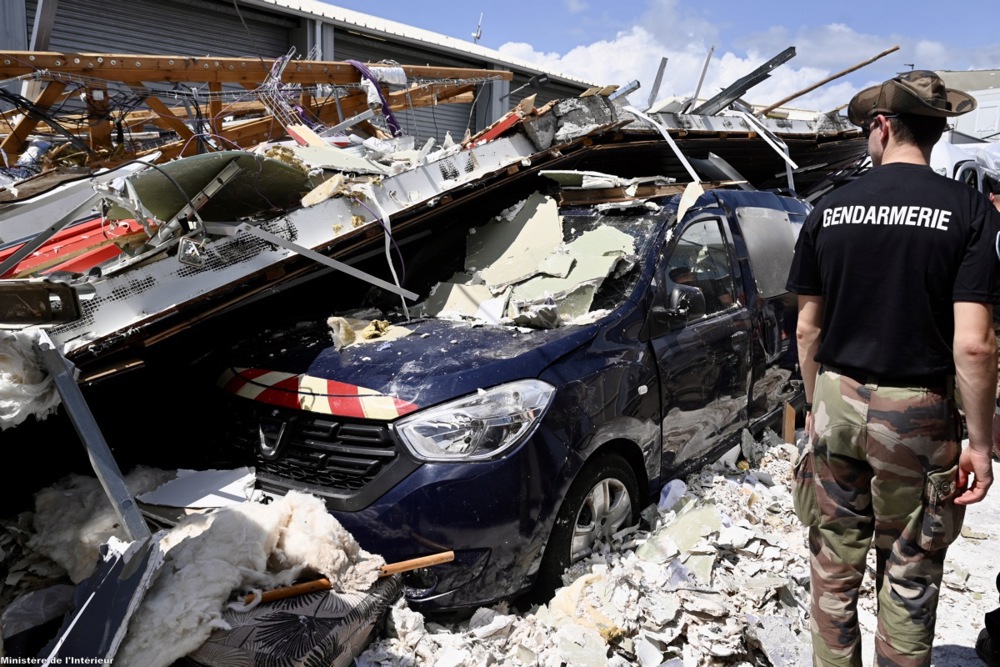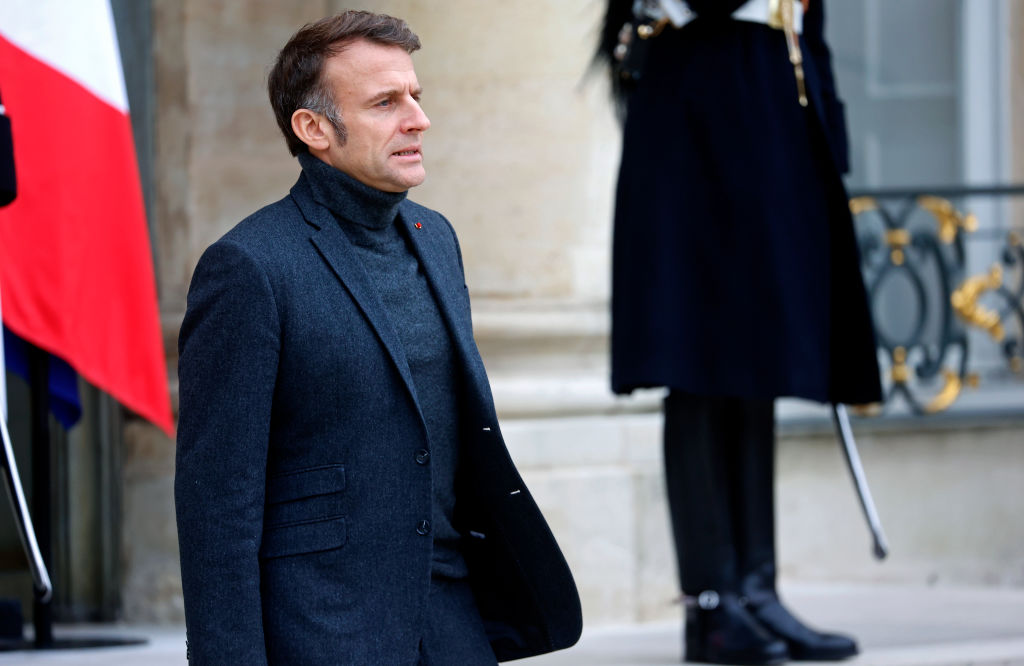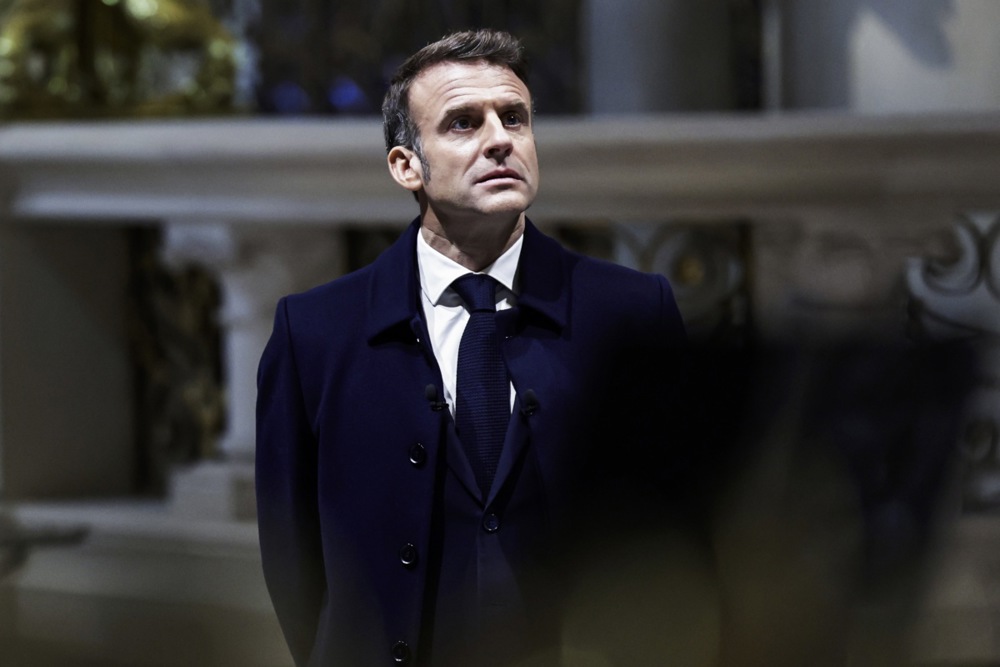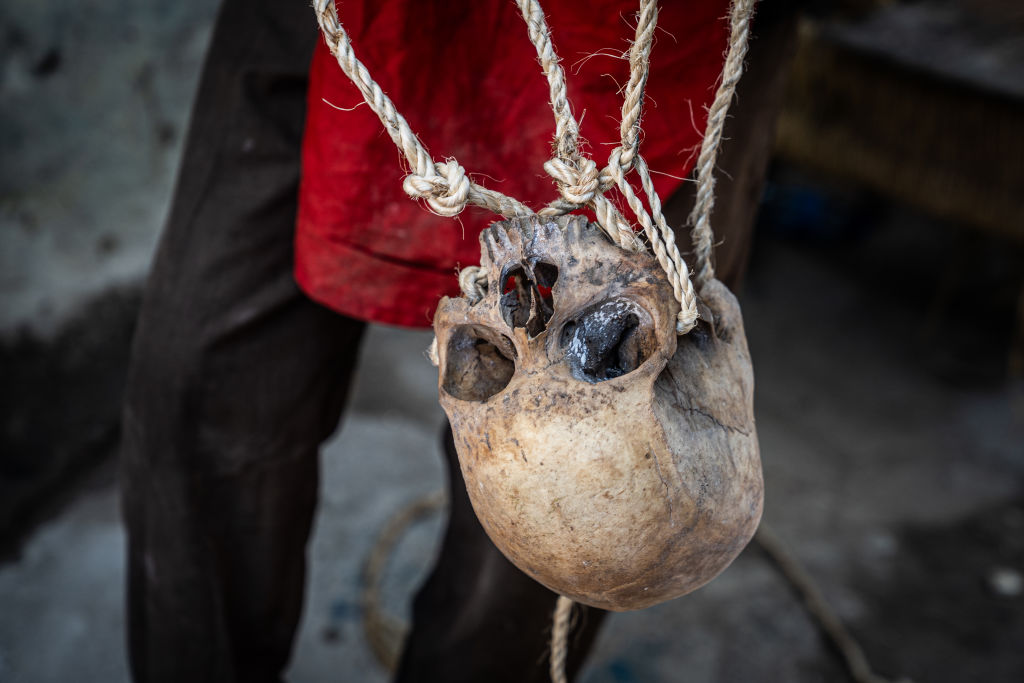France’s Emmanuel Macron called in Vietnam on May 26 for the preservation of a world order “based on law”, as he started a tour of Southeast Asia, a region caught up in the confrontation between the United States and China.
During a press statement alongside his Vietnamese counterpart Luong Cuong in Hanoi, Macron said a rules-based order was necessary at “a time of both great imbalance and a return to power-driven rhetoric and intimidation”.
The president presented France as a reliable alternative for Vietnam, caught between Washington, which is threatening to impose enormous levies on its exports to the United States, and Beijing, an important trade partner with which it is also embroiled in territorial disputes in the South China Sea.
After his arrival in Hanoi on late May 25, the first stop of a six-day trip that will take place in Indonesia and Singapore, Macron emphasised a shared vision with Vietnam, a country of 100 million people experiencing stellar growth.
On May 26, around a dozen agreements were signed between the two countries, including in the field of nuclear power, which Hanoi is keen to develop as it seeks to meet soaring energy demands.
Budget airline Vietjet also announced an order for 20 widebody Airbus A330-900 planes, doubling its purchases of the model from the aviation giant in a deal worth an estimated $8 billion.
“It is truly a new page being written between our two countries… a desire to write an even more ambitious page of the relationship between Vietnam and France, between ASEAN and the European Union,” Macron said.
After paying tribute at a Hanoi war memorial to those who fought against French colonial occupation, Macron met his counterpart Cuong.
The president later had lunch with Communist Party General Secretary To Lam at the capital’s star attraction, the Temple of Literature.
Lam is considered the most powerful leader in Vietnam, a one-party state which tolerates no dissent and moves quickly to suppress any criticism.
Ahead of Macron’s first official visit to the country, Human Rights Watch pressed him to voice concerns about “the Vietnamese government’s worsening rights record”.
Vietnam has more than 170 political prisoners who have been charged and convicted under “draconian laws” that criminalise free expression and peaceful activism for human rights and democracy, HRW said.
A public appeal would be out of character for the French president, who regularly says he prefers to raise sensitive issues behind closed doors.
Macron hopes to sell Hanoi his offer of a “third way” between Washington and Beijing.
“Vietnam is really on the front line of all the tensions that are growing in the South China Sea,” a senior French diplomatic official told AFP.
Hanoi shares Washington’s concerns about Beijing’s increasing assertiveness in the contested waterway, but it has close economic ties with its giant neighbour.
Vietnam has also been threatened with a hefty 46 percent tariff by US President Donald Trump as part of his global trade blitz.
Macron’s “Indo-Pacific strategy” — which proposes a third way to the countries of the region — has gained new relevance due to Trump’s trade war, according to the aide.
He said the president was “defending the idea of international trade rules, we don’t want a jungle where the law of the strongest prevails”.
Vietnam has been careful to follow its own balancing act between China and the United States.
It has adopted a “bamboo diplomacy” approach of seeking strength through flexibility, or looking to stay on good terms with the world’s major powers.





